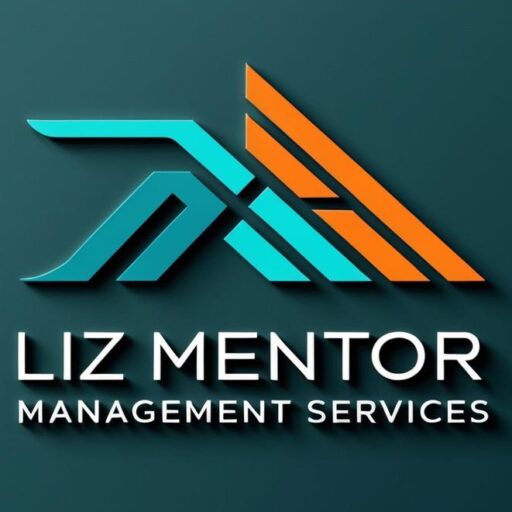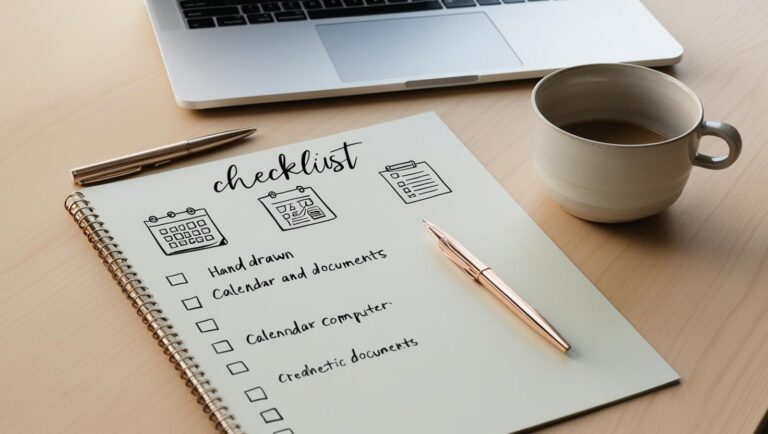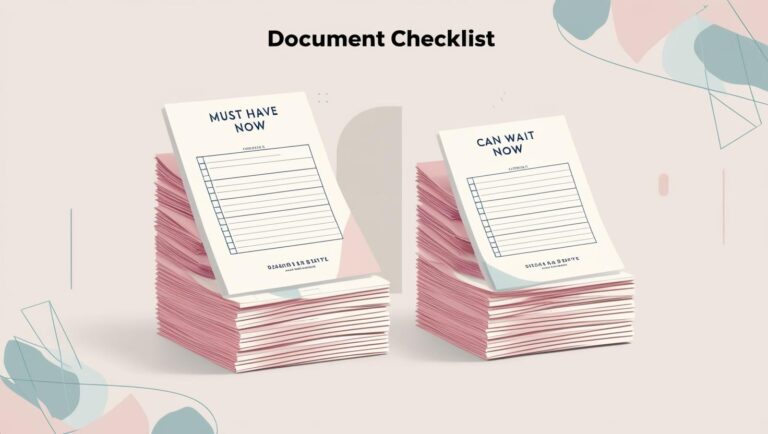The Power of a 1-Person HR Department: How One Person Can Transform a Small Business
You don’t need a full HR team to make a big impact. In fact, some of the most effective HR departments are run by just one person. If you’re that person — whether your title says HR Manager or not — this article is for you.
Maybe you’re the office admin who also handles contracts and payroll. Maybe you’re the founder juggling onboarding, compliance, and trying to figure out what policies your business really needs. Or perhaps you’re a newly hired HR Officer with a team of one. Whatever your scenario, the truth is clear: a 1-person HR department can be not just functional, but transformative.
With the right mindset, systems, and support, you can keep your business compliant, support your people, and drive real growth. Let’s explore how to make it work.
Rethinking the Role of HR in a Small Business
When people imagine HR, they often picture thick policy manuals, endless meetings about compliance, and mountains of paperwork. But in a small business, the essence of HR is very different. At its heart, HR is about creating systems that help people succeed, protecting both your employees and the business from unnecessary risk, and supporting management as the business grows.
As a solo HR professional, you wear many hats. You might find yourself recruiting new talent one day, drafting a new policy the next, coaching a manager on handling conflict, and reminding someone to take their leave all in the same afternoon. It can feel overwhelming, but the truth is that you don’t need to do everything at once.
The most effective solo HRs approach their work with clarity, focus, and a mindset that every system, process, or policy exists to make the business stronger.
Prioritisation: Your First Superpower
One-person HR departments operate differently from large teams. You don’t have the luxury of tackling every HR task simultaneously, so prioritisation is essential. The key is to focus on what will make the most immediate impact.
Start by separating tasks into three broad areas: compliance, people experience, and growth. Compliance includes contracts, leave tracking, UIF and tax registrations, and policies such as discipline and grievance handling. People experience covers onboarding, job clarity, and straightforward communication. Growth involves training, skills development, performance management, and culture.
The beauty of this framework is that it allows you to address the essentials first — keeping the business legally safe and employees supported — before layering in long-term development and strategic initiatives.
For example, you might start by creating a simple leave tracker in Excel and making sure every employee has a signed contract. Once that foundation is in place, you can shift focus to onboarding checklists and skills development planning. One step at a time, you build a functional, powerful HR function without burning out.
Clarity: Knowing What Exists and What’s Needed
Your second superpower as a solo HR professional is clarity. You don’t need to know every HR law or best practice off the top of your head. You need to be crystal clear about what’s already in place, what’s missing, and what your business actually needs next.
A 30-minute HR audit can work wonders. Grab a notebook or spreadsheet and map out what currently exists. Which policies are in place? Where are employee contracts stored? How is leave tracked? How does onboarding happen, and who handles employee complaints or grievances?
Once you have this overview, gaps and priorities become obvious. Perhaps you discover that all contracts are scattered across emails, or that new hires receive no formal orientation. These are areas that need immediate attention. Clarity allows you to focus your energy strategically instead of spinning your wheels trying to do everything at once.
Systems Are Your Secret Weapon
One of the biggest myths about HR is that you need expensive software or a big team to make an impact. In reality, great HR is built on simple, repeatable systems. Systems create consistency, reduce errors, and give you a structure to support people effectively.
Even in a one-person HR department, you can create systems for the most critical areas: onboarding, leave tracking, contracts, and templates.
Onboarding can be as simple as a checklist that ensures every new hire has completed essential steps: contract signed, payroll setup, computer access granted, and introductions made to key team members. A checklist ensures nothing falls through the cracks and reduces the chance of duplicate effort.
Leave tracking can start with a shared spreadsheet or an online calendar. Even a basic tool allows you to see at a glance who’s off, who’s due for leave, and who might be accumulating too much time.
Contracts and employee files can live securely in a Google Drive or Dropbox folder with the right permissions. Using consistent naming conventions and version control ensures files are easy to find and audit-ready.
Finally, templates save enormous amounts of time. Whether it’s an offer letter, disciplinary letter, or training plan, having a template you can reuse prevents repetitive work and ensures consistency.
Leveraging Support: You’re Not Alone
Being a one-person HR department doesn’t mean you have to do it all in isolation. There is a wealth of support available if you know where to look. HR communities, online forums, professional networks, and local SETAs can provide guidance, templates, and mentorship.
Outsourcing some functions or consulting external experts can also make a huge difference. For example, payroll can be handled by a reputable provider, while legal advice for contracts can be accessed on a per-case basis. You don’t have to own every HR task; you just need to coordinate and ensure processes run smoothly.
Importantly, your leadership team is your ally. Your role is to support the business, but they must support you too. Regular check-ins with founders or managers to align priorities, share challenges, and communicate HR plans will make your role much more effective.
The Advantages of Being a Solo HR
A one-person HR department has unique advantages over larger teams. First, you often have a stronger personal connection with employees. You hear the real stories, understand the culture, and spot potential problems before they escalate.
Speed is another advantage. Without layers of bureaucracy, you can implement changes quickly, respond to issues immediately, and adapt processes as needed. Flexible thinking becomes a core skill, because you need to manage multiple priorities with limited resources.
Moreover, as a solo HR professional, you become the culture custodian. You know who is thriving, who is struggling, and where processes could be improved. This insight allows you to make small, meaningful changes that have a big impact.
For instance, you might notice that employees are frequently late with expense reports. Instead of drafting a 10-page policy, you could introduce a simple reminder system or a quick tutorial session. That small intervention can improve compliance and reduce stress without a lot of formal effort.
Practical Examples of Solo HR Success
Many small businesses thrive with a one-person HR function because the work is intentional, focused, and aligned to business priorities.
Consider a retail store where the HR lead is also managing recruitment and staff scheduling. By creating an onboarding checklist, documenting training on cash handling and customer service, and setting up a simple leave tracking spreadsheet, they reduce errors, improve staff confidence, and maintain compliance.
Or a startup where the founder handles HR as well. By leveraging mentorship, peer-to-peer learning, and short internal workshops, the founder ensures employees learn on the job without needing external courses. Documenting these sessions in a shared folder allows the company to report training accurately to SETAs and claim available incentives.
Even in a professional services firm with complex compliance requirements, one HR professional can implement structured induction programmes, maintain employee records, and support management decisions — all without a large team. The key is clarity, prioritisation, and smart use of resources.
Building Momentum: From Chaos to Structure
The transition from reactive HR to structured, proactive HR doesn’t happen overnight. It starts with small wins. Begin by implementing one system, like onboarding or leave tracking, then build outward. Each system reduces risk, saves time, and frees up space for strategic initiatives like performance management and skills development.
A practical approach might look like this: start by ensuring contracts and compliance documentation are up to date, then create onboarding processes, followed by tracking informal training and employee development. Layer in policies and culture initiatives as your processes stabilise. Over time, what once felt overwhelming becomes manageable and impactful.
Final Thoughts: Don’t Wait to Be “Big Enough” for HR
Small businesses need HR just as much — if not more — than larger organisations. A smart, committed, and supported one-person HR department can be the difference between chaos and calm.
If you’re the person doing HR in your company, recognise the power you hold. You’re not just administering payroll or filing contracts. You’re shaping the culture, protecting the business, and supporting every employee to perform their best.
You don’t need a large team to make a meaningful impact. You need clarity, prioritisation, systems, and the courage to take ownership.
So embrace your role, document your wins, leverage support, and remember this: being a one-person HR department doesn’t mean doing less. It means doing more with purpose — and the results can transform your business.
You’re not “just” HR. You’re the engine that keeps your business running smoothly, your people motivated, and your company growing. And that’s not small. That’s everything.



